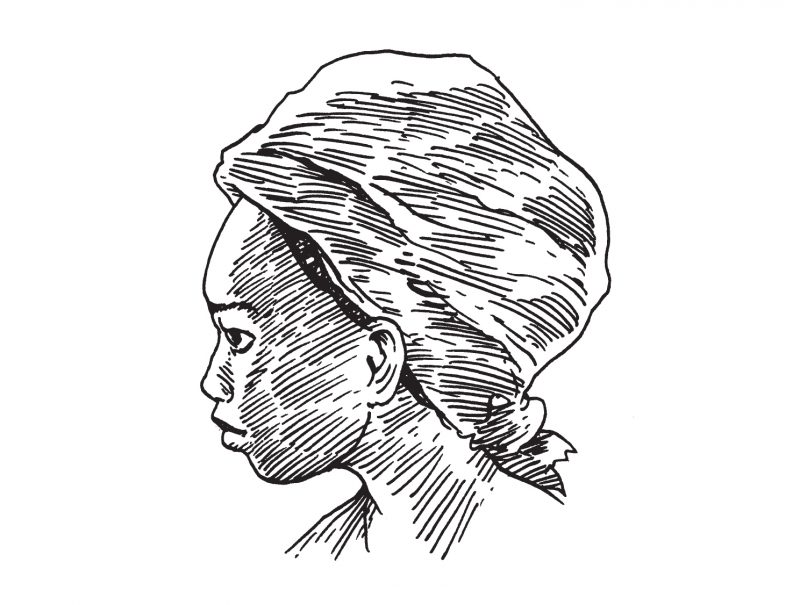In 2005, a thirty-seven-year-old Xhosa[1] woman named Liso learned of a call for missionaries through her church in the Eastern Cape, South Africa. An American church was advertising the opportunity for foreign parishioners to come live and spread the gospel in the U.S. Liso quit her teaching job to join the cause. She entered the U.S. on a four-month “R” visa for religious workers, leaving her husband and twin twenty-one-year-old daughters at home.
In Houston, Texas, however, Liso quickly found her host family more interested in her cheap labor than her faith, her teaching, or her good works. They put her to work as an underpaid housecleaner and babysitter, and refused to allow Liso to teach the children or engage in any other missionary work. Further, the church ignored her inquiries about her visa status and eventually allowed it to expire. After several months, and with the help of a sympathetic family who belonged to the church, Liso fled.
She made her way to Portland, Oregon, where, having now overstayed her visa, she has ended up as a live-in nanny working for a wage that amounts to less than five dollars per hour. Still, she continues to send a majority of her earnings back to South Africa in order to support her husband and children, as well as her HIV-positive mother and sister. She buys almost nothing for herself save for calling cards. She calculates that it will be 2010 before she can afford a plane ticket home. And she remains determined, in her words, “to plant something here.”
Liso’s story is one of seventeen in Underground America, a collection of oral histories from undocumented immigrants struggling to build a life for themselves in a country that needs their labor, but at the same time has become increasingly hostile to their presence.
These men and women, like millions of others who come here from around the globe, live and work without legal status, and are far too often exploited by those who prey on their fear and vulnerability. Often they live in hiding and are denied the protection of some of the most basic human rights, including the right to a fair wage. In some cases, they are also the victims of extreme psychological abuse and violence. Unwilling to go to the authorities because of fear of imprisonment and deportation, these undocumented people endure in silence.
Underground America is part of McSweeney’s Voice of Witness series. Using oral history as its foundation, the series seeks to illuminate contemporary human rights crises by giving a voice to those who experience them.
All of the narrators in Underground America ...
You have reached your article limit
Sign up for a digital subscription and continue reading all new issues, plus our entire archives, for just $1.50/month.
Already a subscriber? Sign in





